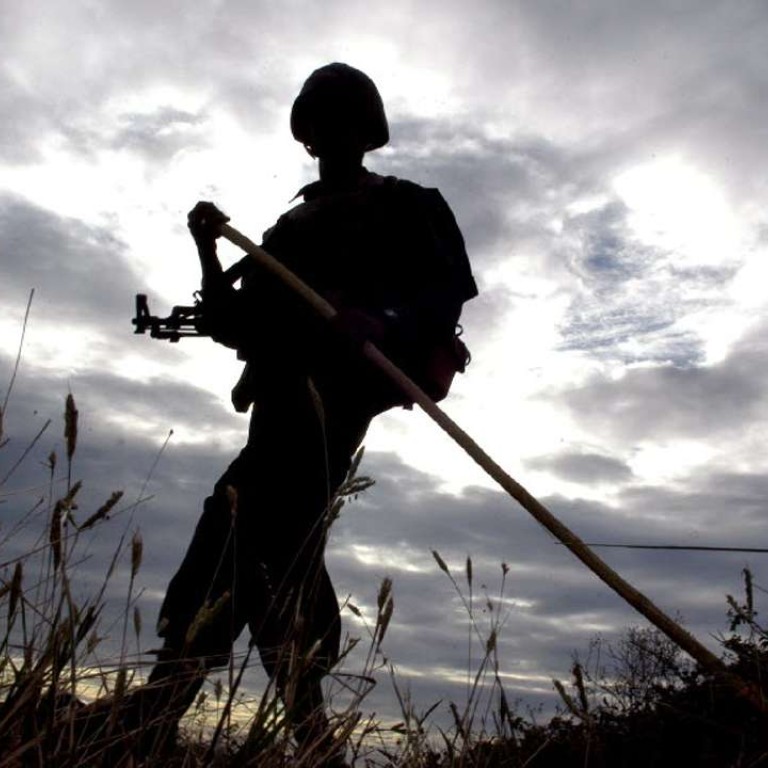
Sri Lanka to ban landmines seven years after civil war's end
Sri Lanka will accede to a 1997 UN treaty banning the use of anti-personnel mines nearly seven years after a three-decade-long ethnic civil war ended in the Indian Ocean island, according to the government.
“Cabinet decided last week to sign the treaty,” Deputy Foreign Minister Harsha de Silva told Kyodo News on Thursday without giving a time frame on when this long-demanded accession will be formally signed.
Diplomats said that Sri Lanka has been among the few dozen nations to resist the treaty, known as the Ottawa Convention, prohibiting the use, stockpiling, production and transfer of mines.
De Silva said that as Sri Lanka had no intention of going to war again, the decision to sign the convention had been taken. Colombo has also agreed to destroy stocks of landmines it holds.
During the war that resulted from the separatist Liberation Tigers of Tamil Eelam seeking a separate state for the country’s minority Tamils in the North and East of the island, both the LTTE and government forces laid mine fields.
With the LTTE persisting in the use of landmines, government forces were unwilling to abandon the use of this method of warfare. As a result, a total of 2,064 sq km in northern and eastern provinces where the war raged for nearly three decades was declared “infected”.
While the military kept meticulous records of areas that had been mined, the LTTE did not. De-mining operations both by the military and foreign-funded non-governmental organisations have been ongoing under the National Mine Action Programme since 2002.
This programme, which began before the war ended in May 2009, has been supported by various UN agencies and many foreign countries including Japan. According to military figures 64 sq km of land remains to be cleared and the work continues with field engineers of the Sri Lanka Army and three non-governmental organisations on the job.
Deaths and injuries from mines and other explosive devices have been scarcely reported in recent years, and human settlement and agricultural activity have resumed in large areas declared “mine free”.
Several hundred soldiers lost their legs to the so-called “Johnny mines”, or improvised explosive devices, which the LTTE extensively used to deter the army’s forward thrust.
“During the final phase of the war, infantrymen used to lament about ‘Johnny in front and Fonny behind’, referring to General Sarath Fonseka, the then hard-driving army commander under whose watch the war was won,” a retired army officer said on condition of anonymity.

